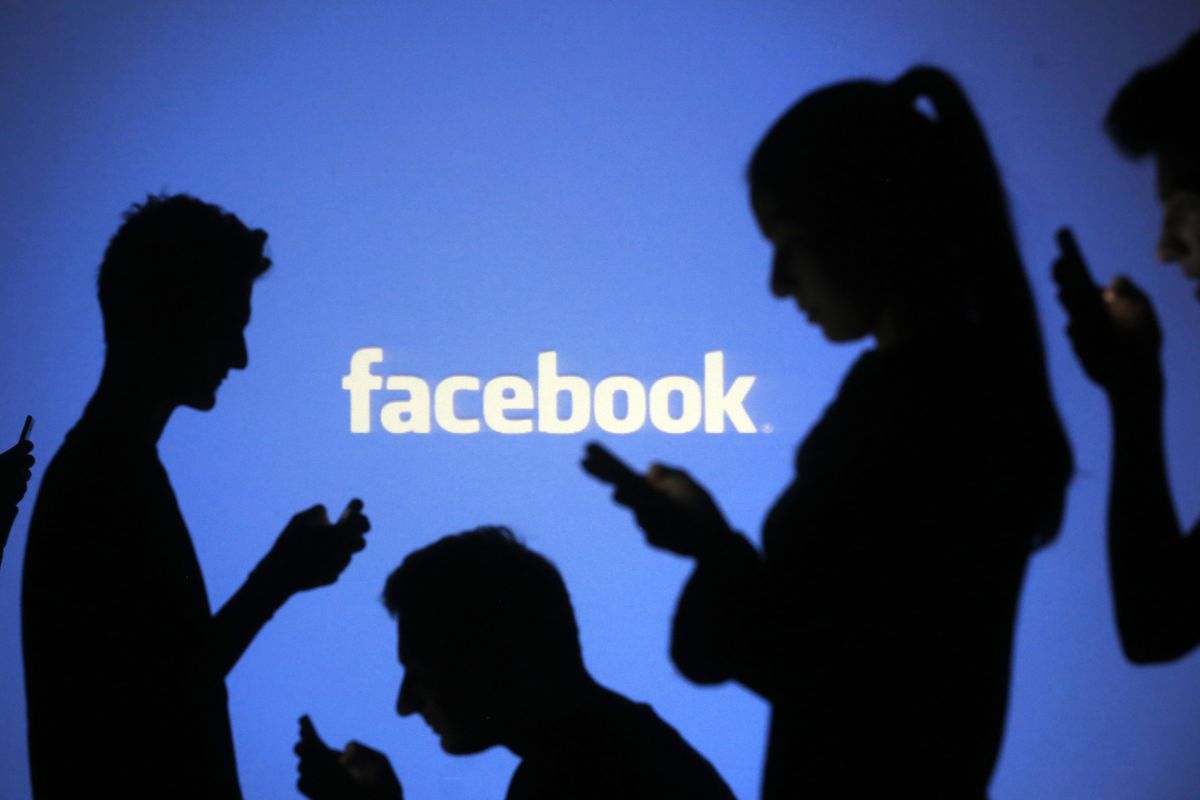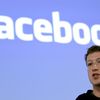Facebook to Ban Political Ads A Week Before November Election

SAN FRANCISCO, KOMPAS.com – A week before the US presidential election in November, Facebook will ban political ads on its platform.
Facebook Inc’s decision comes amid concerns that the tech giant’s loose approach to free speech could be exploited again to interfere with the vote.
In addressing such concerns, the Big Tech company has widened the criteria for content to be removed as voter suppression.
It has also created a label for posts by candidates or campaigns that attempt to claim victory before final official election results are released.
Read also: Facebook Launches Hub on US Voting Info Ahead of November Election
Chief Executive Mark Zuckerberg wrote in a Facebook post announcing the changes that he was concerned about the unique challenges voters would face due to the coronavirus pandemic, which has prompted a surge in voting by mail.
"I'm also worried that with our nation so divided and election results potentially taking days or even weeks to be finalized, there could be an increased risk of civil unrest across the country," he said.
Zuckerberg has previously defended his decision to allow for a freewheeling political conversation on Facebook, including through paid ads, which the company exempts from its fact-checking program with external partners, including Reuters.
He said in his post he continued to believe that the "best antidote to bad speech is more speech," but acknowledged that in the final days of an election, "there may not be enough time to contest new claims".
Facebook will continue to allow campaigns and others to run political ads that are already in the system, and will permit them to change spending amounts and user targeting, but will block adjustments to the ads' content or design.
Facebook has been battered by criticism, including from its own employees, since allowing several inflammatory posts by President Donald Trump to remain untouched earlier this summer, including one which contained misleading claims about mail-in ballots.
Read also: USPS Suspends Changes as Postmaster General Faces Lawsuits and Outrage
Disinformation experts have also raised the alarm, echoed in threat assessments by Facebook executives, about false claims and conspiracy theories spreading in the increasingly likely scenario that official results are not immediately available on election night.
Zuckerberg said Facebook was "increasingly seeing attempts to undermine the legitimacy of our elections from within our own borders" in addition to foreign influence campaigns, like the one it and US intelligence agencies determined Russia carried out to meddle in the 2016 vote.
Moscow has denied the allegations.


































